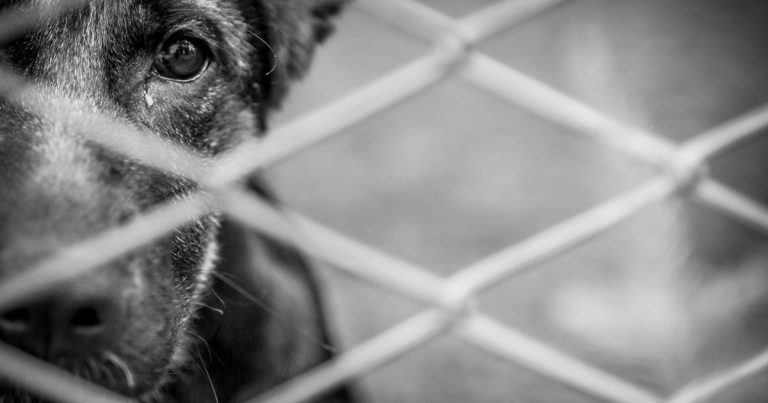22 Apr 2022
Defra halted imports from Ukraine, Poland, Belarus and Romania for health reasons, and also to free up quarantine space for the owned pets of refugees coming to the UK from the war zone.

Image © KYNA STUDIO / Adobe Stock
Vets are hoping animal health officials will learn lessons during a temporary ban on pet imports from four European countries to help tackle the illegal animal supply chain.
Defra announced it had suspended the commercial importation of cats, dogs and ferrets from Ukraine, Belarus, Poland and Romania until 14 May because of potential risks to health.
The ban will free up quarantine facilities to allow priority for the processing of pets accompanying refugees fleeing the war in Ukraine, but follows cases of commercially imported dogs being seized and quarantined due to paperwork irregularities.
All four countries are deemed high risk for rabies and other zoonoses, and due to the war, large numbers of rescue dogs could potentially enter Great Britain without correct documentation or testing having been carried out.
Defra classes a commercial import as when ownership of animals is transferred, so this covers rescue animals – including pets brought in by UK charities.
The temporary suspension has been welcomed, with the hope anything learned from its wider impacts could lead to more robust plans to tackle illegal pet supply in the future.
BVA president Justine Shotton said: “This is a sensible move from Defra, which we fully support to protect animal and human health in the UK.
“We’ve already seen at least one case of animals coming in through commercial routes with fraudulent paperwork, which created additional work for the APHA and put further pressure on quarantine facilities.
“Defra is rightly focusing on supporting refugees coming to the UK with their pets and ensuring they are compliant with animal health requirements, so it makes sense to temporarily suspend commercial movements that could take up valuable quarantine resources through non-compliance.
“In future, it will be useful to understand the wider impacts of the temporary ban and whether we can learn any lessons that could help stop the illegal import of pets to the UK in the future.”
Government proposals to tackle smuggling – part of the Animal Welfare (Kept Animals) bill introduced in June 2021 – include prohibition of movement of heavily pregnant dogs, increasing the minimum age for dogs brought into Great Britain and a ban on importing dogs with cropped ears or docked tails.
The threat to health of animals and people from illegal importation is also a major consideration – not just for rabies, but potential introduction of exotic and zoonotic diseases through parasites.
Ian Wright, who heads up the European Scientific Counsel for Companion Animal Parasites UK and Ireland, said: “Illegal imports under the shadow of commercial imports have been a concern for some time.
“Eastern Europe is endemic for a number of parasites exotic to the UK that infect dogs. Of greatest concern alongside rabies are Brucella canis and Echinococcus multilocularis, because of zoonotic risk and their potential to establish in the UK.
“Other parasites of concern include Ehrlichia canis, heartworm, Babesia canis and Leishmania. Testing imported dogs, and ensuring adequate vaccinations and tapeworm treatments are carried out, are key to minimising the risk these parasites represent.”
He added: “Illegal imports greatly increase the risk of these crucial steps being missed, as well as compromising welfare, and Defra has to consider this when legislating for cat and dog importation.”